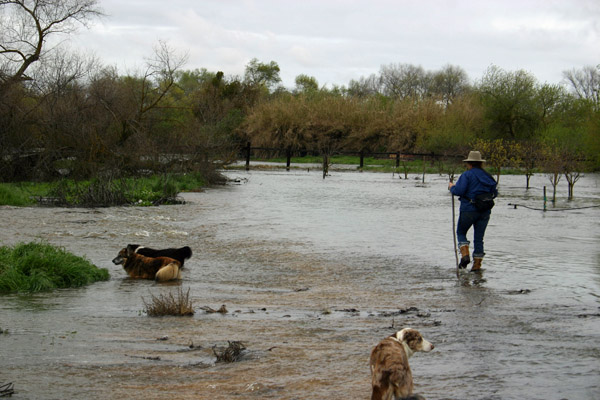By Devin Nunes, Congressman 22nd District
Younger generations in the San Joaquin Valley may have no memory of the Valley before our farmland became checkered with dusty, dried up fields. Traveling around the Valley now, it may be hard for them to imagine what the Valley landscape looked like without so many huge plots of parched, unproductive land.
The stunning transformation of so much lush Valley land into desert is not the result of natural calamity, or global warming, or bad luck. It stemmed from a series of specific government laws and regulations that took enormous water flows from farms and communities and diverted them for other purposes. The bad news is that yes, there are environmental extremists and government bureaucrats who would willingly depopulate the country’s most productive farmland. The good news is that just as government actions created this problem, government actions can fix them.
And finally, after years of hard work among Valley congressional representatives, ag groups, water districts, and executive branch officials, we have taken the first major step toward reversing course and recovering our water supply.
Recently, President Trump took executive action to improve California’s water flow. The action removes enduring bureaucratic obstacles and prioritizes new water storage projects. Crucially, it orders the smelt and salmon biological opinions (biops) to be reformulated next year.
Speeding up the completion of new biops is particularly important. The current opinions, which would not even exist if not for a series of lawsuits filed by environmental activist groups, drastically curtailed pumping at the Jones and Banks plants. Some of the most pernicious consequences of the water crisis—productive land drying up and wasting away, farms going out of business, farmers pulling up stakes and settling elsewhere, rising unemployment in agriculture communities—are direct results of these biops. The redrafting of these opinions next year will profoundly improve the Valley’s water supply.
It’s vastly premature to declare victory in our long-running water war. Nevertheless, the president’s actions are the most meaningful government action in decades to restore the Valley’s water supply. Water battle wins have been rare for the vast majority of Valley residents who want more water for our farms and families, and who believe it’s absurd to flush millions of gallons of water into the ocean while our communities don’t have enough water to function properly. But the president’s action, we have good reason to expect, is just the first step toward a major policy reversal that will benefit every Valley resident and family whose job depends on ag.
































